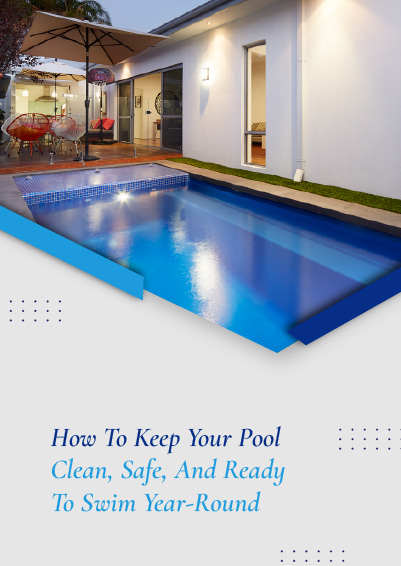
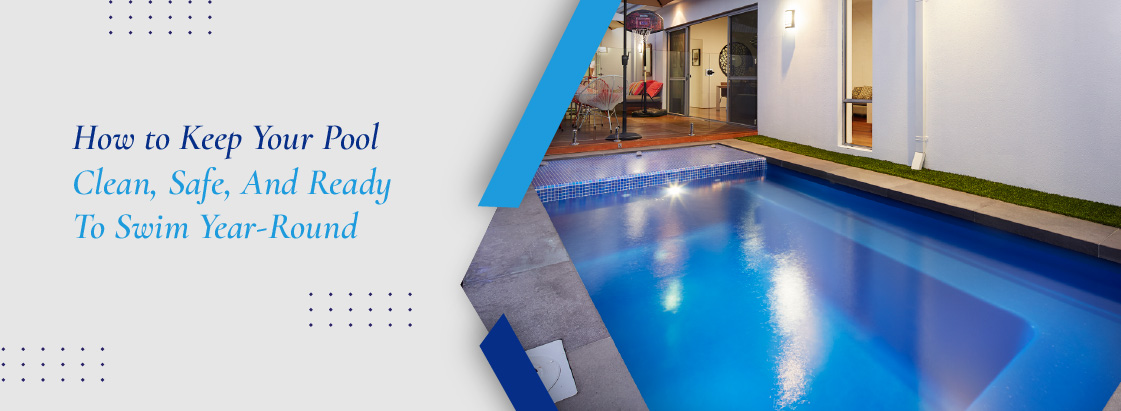
How to Keep Your Pool Clean, Safe, and Ready to Swim Year-Round
Maintaining a backyard pool goes beyond simple skimming and topping up chemicals. Keeping your pool clean, safe, and ready for swimming year-round requires a consistent routine, the right equipment, and awareness of seasonal challenges. By understanding essential pool care practices, homeowners can enjoy crystal-clear water, prevent costly repairs, and create a safe swimming environment for family and friends.
Understanding Pool Maintenance Basics
Effective pool maintenance involves three main areas: water chemistry, filtration, and physical cleaning. Maintaining the correct balance in each area ensures water clarity, prevents algae growth, and protects pool surfaces and equipment.
Water Chemistry
Regularly testing pH, chlorine, alkalinity, and calcium hardness is essential. Imbalances can lead to skin irritation, equipment corrosion, and cloudy water.
Filtration
A properly maintained pool filter removes debris and contaminants. Filters should be cleaned and backwashed according to the manufacturer’s instructions.
Physical Cleaning
Skimming leaves, brushing walls, and vacuuming the pool floor prevents algae and dirt accumulation.
Understanding these fundamentals forms the foundation for year-round pool care.
Choosing the Right Equipment
Using the right equipment makes pool maintenance easier and more effective:
Pool Skimmers and Nets
Ideal for daily removal of leaves and floating debris.
Automatic Pool Cleaners
Robotic or suction-side cleaners reduce manual work and maintain consistent cleaning.
Pool Covers
Covers help retain heat, reduce evaporation, and prevent debris from entering the pool.
Investing in high-quality equipment not only improves maintenance efficiency but also extends the lifespan of your pool and its components.
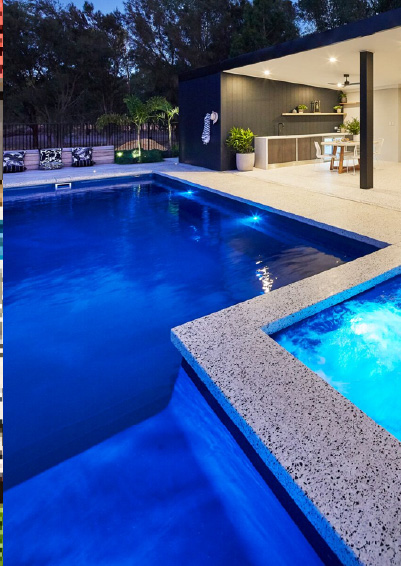
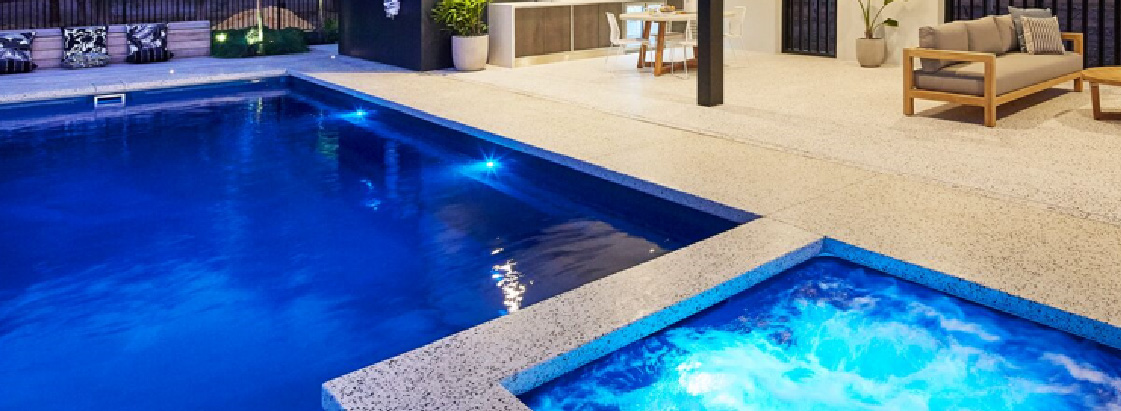
Seasonal Pool Care
Pool maintenance varies throughout the year, with different challenges in summer, winter, and transitional seasons:
Summer
- Increase water circulation to prevent stagnation
- Monitor chemical levels more frequently due to higher temperatures
- Remove debris regularly as trees and plants shed more leaves
Winter
- Cover the pool to prevent debris accumulation
- Maintain minimal water circulation to avoid freezing pipes in cooler regions
- Test chemicals periodically to prevent algae growth
Spring and Autumn
- Conduct thorough cleaning to remove seasonal debris
- Adjust chemical levels to account for temperature fluctuations
- Inspect equipment for wear and tear
Following a seasonal routine ensures your pool stays safe and ready to swim, no matter the time of year.
Maintaining Proper Water Chemistry
Water chemistry is critical for both swimmer safety and pool longevity:
- Chlorine: Kills bacteria and prevents algae growth; maintain a consistent level.
- pH Balance: Ideal pH is 7.2–7.6; proper balance prevents eye irritation and corrosion.
- Alkalinity: Stabilises pH and protects equipment; recommended range is 80–120 ppm.
- Calcium Hardness: Prevents corrosion of pool surfaces and equipment; maintain 200–400 ppm.
Regular testing with pool test kits or digital monitors allows you to make quick adjustments and maintain healthy water.
Safety Measures for Pool Owners
Keeping your pool safe goes hand in hand with keeping it clean:
- Signage and Alarms: Indicate pool depth and provide warnings where necessary.
- Fencing and Barriers: Comply with local safety regulations to prevent accidents.
- Regular Chemical Checks: Ensure sanitizer and pH levels are safe for swimmers.
- Proper Storage: Keep pool chemicals stored securely and out of reach of children.
Safety protocols protect both swimmers and property, ensuring peace of mind alongside clean water.
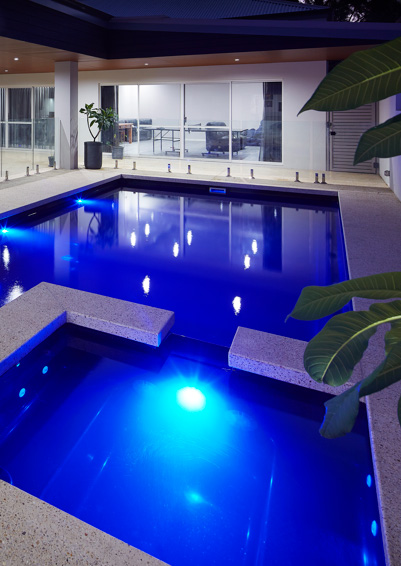
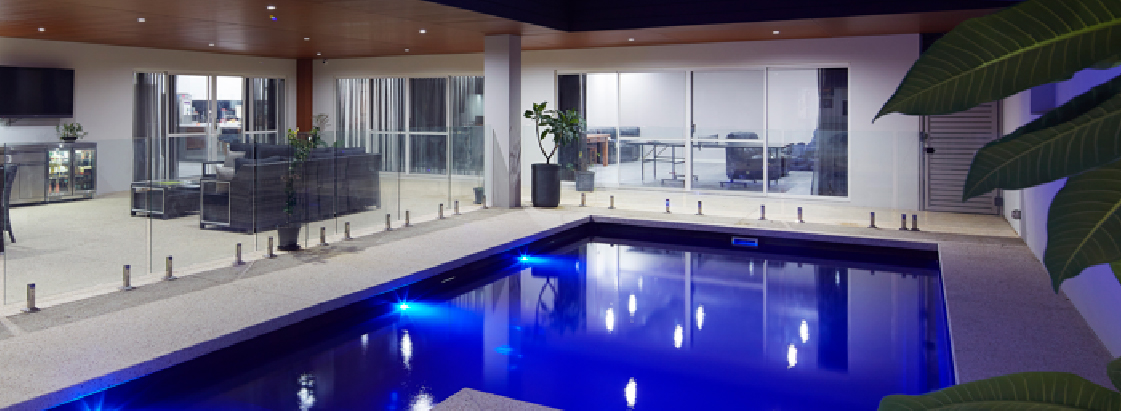
Energy Efficiency and Cost-Saving Tips
Maintaining a pool doesn’t have to be expensive. Simple strategies help reduce energy and water costs:
- Use pool covers to reduce water evaporation and heat loss
- Run pumps during off-peak hours for electricity savings
- Choose energy-efficient pumps and heaters
- Regularly check for leaks and repair promptly
Efficient pool management reduces operating costs while maintaining a safe and inviting swimming environment.
Troubleshooting Common Pool Issues
Even with routine maintenance, pool owners may encounter common issues such as cloudy water, scaling, or unusual odours. Identifying the root cause is essential: cloudy water often indicates an imbalance in pH or filtration issues, while scaling can result from high calcium levels. Addressing these problems early with targeted chemical adjustments or equipment checks prevents more serious damage and keeps the pool safe and inviting.
Preventive Maintenance Tips
Preventive maintenance goes beyond daily cleaning. Regularly inspect pool tiles, skimmers, and plumbing connections for signs of wear or blockages. Replace worn gaskets, check seals, and ensure pumps are running efficiently. These proactive measures reduce the risk of costly repairs and maintain optimal pool performance throughout the year.
Hiring Professional Support
While routine maintenance can be managed by homeowners, professional support is invaluable for:
- Seasonal deep cleaning and chemical balancing
- Inspecting and repairing equipment
- Troubleshooting persistent water clarity or algae issues
- Offering expert advice on upgrades, such as automated systems or heating solutions
Partnering with a professional pool service ensures your pool remains in top condition, saving time, money, and effort.
Conclusion
Keeping your pool clean, safe, and ready to swim year-round requires a combination of proper water chemistry, regular cleaning, seasonal attention, and reliable equipment. By following these practices, homeowners can enjoy crystal-clear water, reduce maintenance costs, and ensure the safety of everyone using the pool.
Ready to maintain a sparkling, safe pool all year? Work with a trusted pool service provider to help keep your pool in top condition, maximise efficiency, and enjoy stress-free swimming every season.

